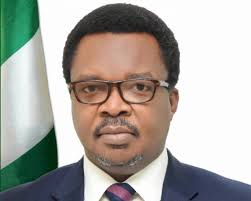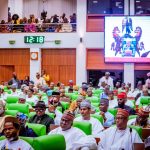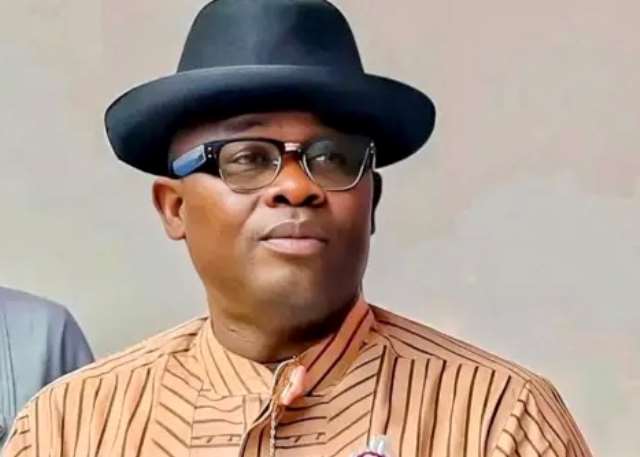The Federal Government’s intervention in the generation and transmission value chain of the country’s power sector has saved electricity consumers from paying more for the energy commodity, the Managing Director/CEO of the Niger Delta Power Holding Company Ltd (NDPHC), has said.
Mr Joseph Ugbo said the administration of President Bola Tinubu is still subsidizing the cost of electricity.
According to him, this has alleviated the pain of passing the cost of generation and transmission to Nigerians.
He spoke in Lagos at an interactive session with energy editors amid some challenges being faced by the nation’s power industry.
“The federal government is providing some level of subsidy in the power sector. The current administration is still subsidizing the cost of electricity in the transmission and generation value chain.
“Gas forms 50% of the cost of generating electricity which we buy from the Nigerian Gas marketing Company, a subsidiary of NNPCL.
“We have signed about 600mw gas contract with NGMC with the approval of emergency gas pricing by the Nigerian Electricity Regulatory Commission (NERC). We have obtained approval of the commission as to the gas price
“The government’s intervention has alleviated the cost of putting the cost of electricity on the consumers through subsidy,’’ Persecondnews quotes Ugbo as saying.
On the huge debt owed the company, the MD put the indebtedness at N190 billion as at May 2023.
The debt, according to him, is for the electricity contributed into the national grid, adding that the unsettled debt was affecting NDPHC’s operations negatively.
“We are being owed by agencies in the Nigerian electricity supply industry. Current electricity tariff is not cost reflective. We sell to bulk traders and the Nigerian Bulk Electricity Trading Plc. (NBET) is owing us.
“The federal government is already addressing the debt owed by NBET which is also a government agency. In spite of the challenges we are still doing our best, delivering on our mandate,’’ Ugbo also said.
Describing electricity as the blood that runs through the veins of the nation’s economic growth, the NDPHC CEO disclosed that 10 big power plants had been executed out of which eight are currently operating across the 10 gas producing states of Ondo, Ogun, Kogi, Edo, Rivers, Bayelsa, Abia, Imo, Delta and Cross River as part of efforts to boost electricity.
“The power plants are powered by gas and are a combination of open cycle and combined cycle gas turbines. The open cycle gas power plants have low maintenance cost
“Air is the only working fluid needed, the air from the turbines simply discharges into the air as opposed to depending on a cooling environment mostly a large pool of water which is rather expensive to set up and manage for closed cycle gas turbines,’’ Ugbo explained.
“The 10 plants are in addition to the 23 grid-connected generating plants as of 2005 with a total installed capacity of 10, 396mw but with available capacity of 6, 056.’’
On the recently signed bill by President Tinubu to put electricity on the concurrent list, Ugbo said the company was collaborating with states to explore the opportunities and harness distribution investments.
“We are collaborating with states to leverage the constitutional amendment which hitherto gave on the federal government the exclusive right on electricity generation, transmission and distribution.
“The FG, states and local governments are shareholders of NDPHC and so we are exploring the opportunities,’’ he stressed.
On the challenges faced by the company in delivering about 4, 000mw of electricity into the national grid, the Executive Director, Network,
Engr. IfeOluwa Oyedele, said the company was only able to take 975mw into the national grid because of transmission constraints.
“We are only able to take 975mw into the grid out of the megawatts we generated because of transmission issues.
“We now supply directly to the industrial areas to save the industries the cost of diesel to power their generators to produce.
“This initiative will help them to reduce cost of production and will be able to retain their workforce as they will enjoy electricity supply.
“We have started with Agbara industrial estate in Ogun State and Aba in Abia state. We are also looking at other industrial clusters in other states like Kano, Nnewi in Anambra state,’’ he said.
On vandalism of power infrastructure across the country, Oyedele described it as a monumental national problems, saying “we are spending heavily on security to secure the power stations, transmission lines and other projects.’’
























Leave a comment